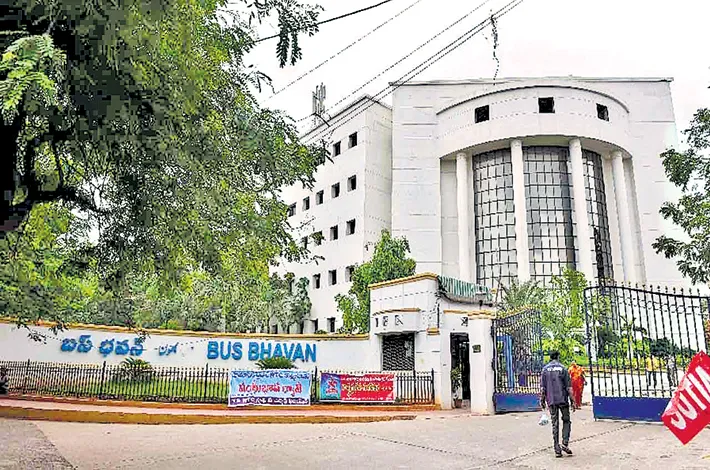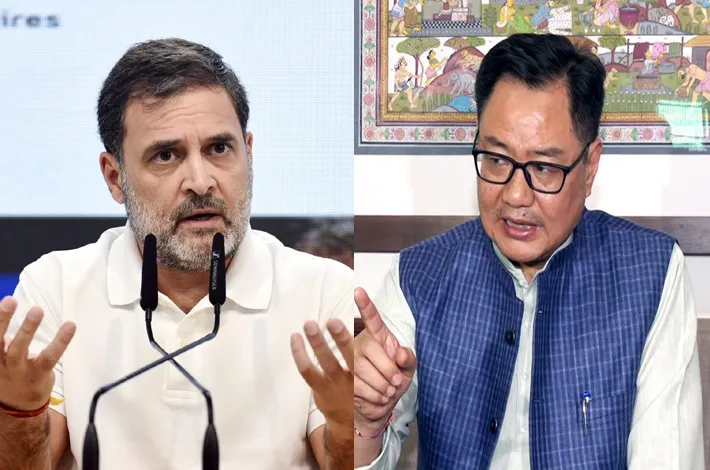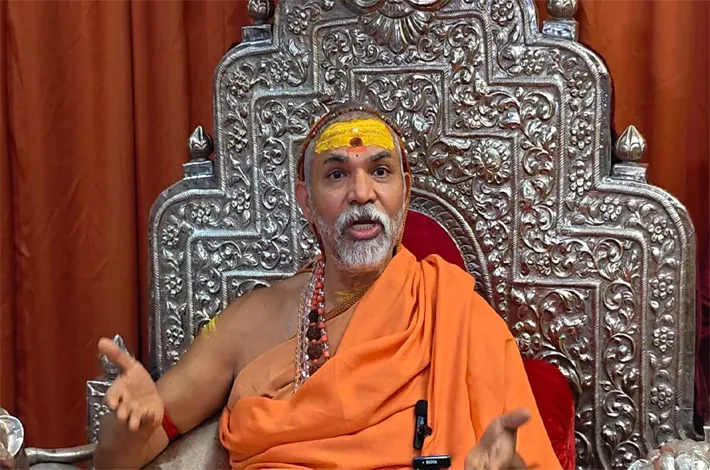RTC staff rally for Union revival
14-09-2025 12:00:00 AM

In a fervent push for collective bargaining rights, the nearly 40,000-odd staff of the Telangana State Road Transport Corporation (TSRTC) are demanding the restoration of trade unions, dormant since 2019, to amplify their concerns amid ongoing operational challenges. The staff, including drivers, conductors, and maintenance workers, argue that reinstating unions would provide a structured platform for dialogue with management, echoing the recent revival of the Civil Services Joint Staff Council by the Congress-led government after a 12-year hiatus.
The call gained significance following the Bharat Rashtra Samithi (BRS) government's decision in 2019 to disband RTC unions in the aftermath of a crippling 55-day strike. Back then, Chief Minister K. Chandrashekar Rao firmly declared "no unions" in the state-run corporation, a move unions decried as unconstitutional. Over 10 unions, such as the Telangana Mazdoor Union (TMU), National Mazdoor Union (NMU), Employees Union (EU), and others like Staff Workers Federation (SWF), Staff Workers Union (SWU), Telangana Jathiya Mazdoor Union (TJMU), Bharatiya Mazdoor Sangh (BMS), Bahujana Workers Union (BWU) etc were effectively silenced, leaving workers without representation.
TMU General Secretary M. Thomas Reddy highlighted the void: "With no union in place now, the staff's rights are not being taken care of or attended to." He envisioned a robust system under a recognized union—the winner of RTC elections—including weekly depot-level meetings, bi-monthly regional gatherings, tri-monthly zonal discussions, and semi-annual sessions with ED or MD alongside state leaders. This framework, Reddy emphasized, would resolve issues from salaries to safety, a far cry from the current limbo where grievances fester unchecked.
Legally, the workers invoke the Central Trade Union Act of 1926, a cornerstone of labor rights amended in 1929, 1947, 1960, 1964, and 2001, which enshrines union formation as a fundamental right under Article 19(1)(c) of the Indian Constitution. "If any Chief Minister wants to remove unions, an amendment should be brought in Parliament," Reddy asserted, labeling the 2019 action as unconstitutional. Recognized unions, per Section 28F, hold the right to negotiate directly with management—a privilege stripped away post-2019 strike, amid allegations of forced signatures and efforts to fracture worker unity.
The tide may be turning with the Congress government's ascent. The party's 2023 election manifesto pledged not only union revival but also merging TSRTC with the state government to regularize staff as full employees, alongside procuring new buses. Emboldened, a Joint Action Committee (JAC) of union leaders recently met Transport Minister Ponnam Prabhakar to press their case, with plans to approach Chief Minister A. Revanth Reddy soon. Past JAC formations, like the one in 2017 protesting delayed pay revisions and provident fund misuse, underscore the unions' resilience despite the previous governmen's resistance.
As Telangana's roads pulse with daily commutes, these 40,000 voices seek more than wheels—they demand a steering hand in their destiny.








